How to store produce so it stays fresh longer
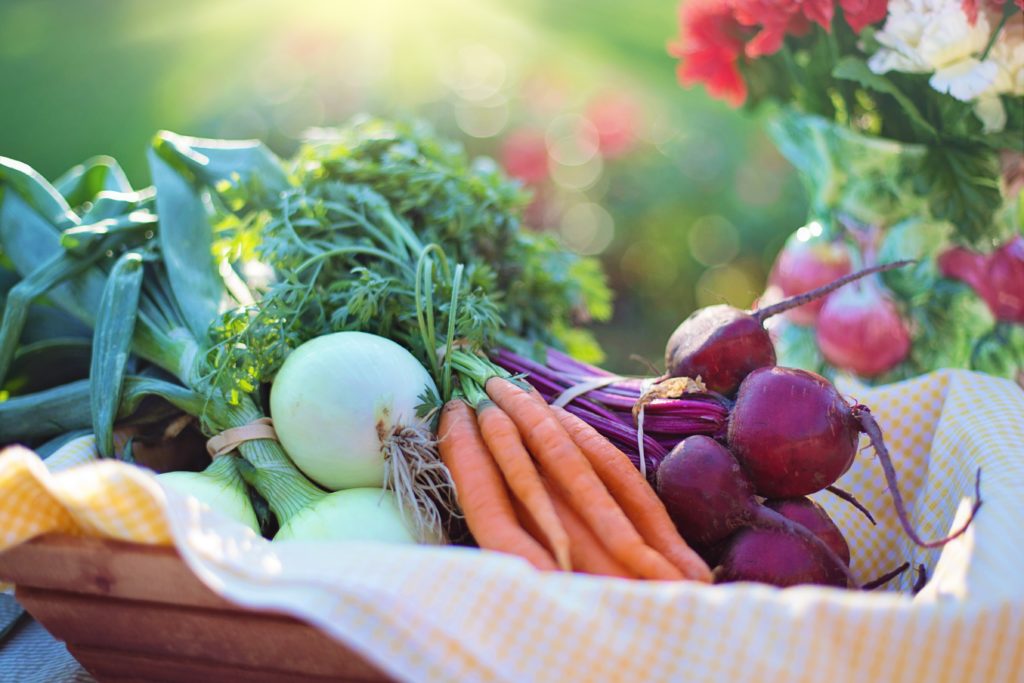
Whenever you bring fruits and vegetables home, whether they are from the farmers market or your garden, you have to find a place for them in your refrigerator, pantry, cabinet or countertop. If you do not know how to store produce properly, though, you may wind up wasting food (and money by repurchasing spoiled groceries).
Over time, natural microorganisms and enzymatic processes break down fruits and vegetables until they spoil. Moreover, some produce, like apples, onions and tomatoes, emit a gas called ethylene as they ripen. Others, including cucumbers, peppers and leafy greens, are sensitive to the gas and will spoil faster if stored with ethylene-emitting fruits and vegetables.
Proper storage helps slow these processes so you can keep your fruits, vegetables and herbs fresher longer. Not only will this improve your cooking, but it will also help you to reduce food waste in your kitchen.
According to the Food and Agriculture Organization of the United Nations, about one-third of the world’s food is wasted instead of eaten. About 40 percent of that food waste is generated by homes, rather than restaurants, grocery stores or farms.
Because the kitchen is a hub for so much of our daily activities, greening your kitchen is a great first step to making your home more sustainable. Here is how to properly store your favorite fruits, vegetables and herbs.
Artichokes
Sprinkle whole artichokes with a few drops of water. Wrap in a perforated plastic bag in a cold corner for your refrigerator. Whole, uncooked artichokes will stay fresh for about one week.
Apples
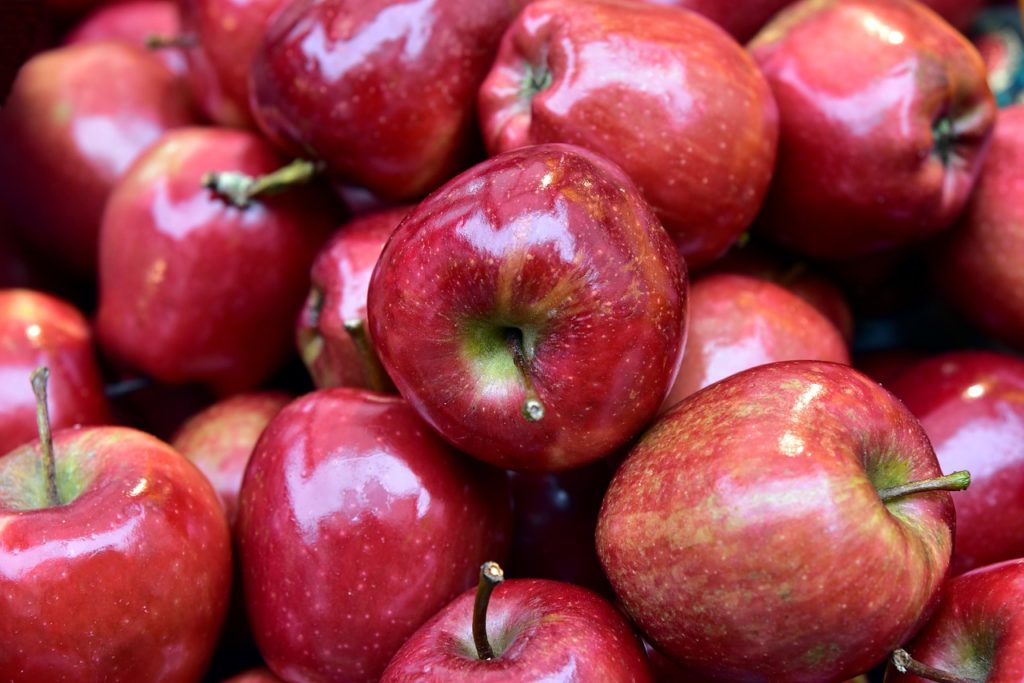
Apples will last longest if kept in the crisper drawer of the refrigerator. Try to prevent them from touching one another, as it enables the bruising and softening of the apples’ skin that increases spoilage. Also avoid storing apples with anything else, because they emit a lot of ethylene, which is the gas that speeds up the ripening and decaying process. Add lemon juice to cut apples and keep them in an airtight container in the refrigerator to keep them fresh longer.
Apricots
Unripe apricots can be stored at room temperature up to five days. You can speed up ripening by putting the apricots in a paper bag at room temperature for two to three days. Once they are ripe, refrigerate in a sealed container up to one week.
Asparagus
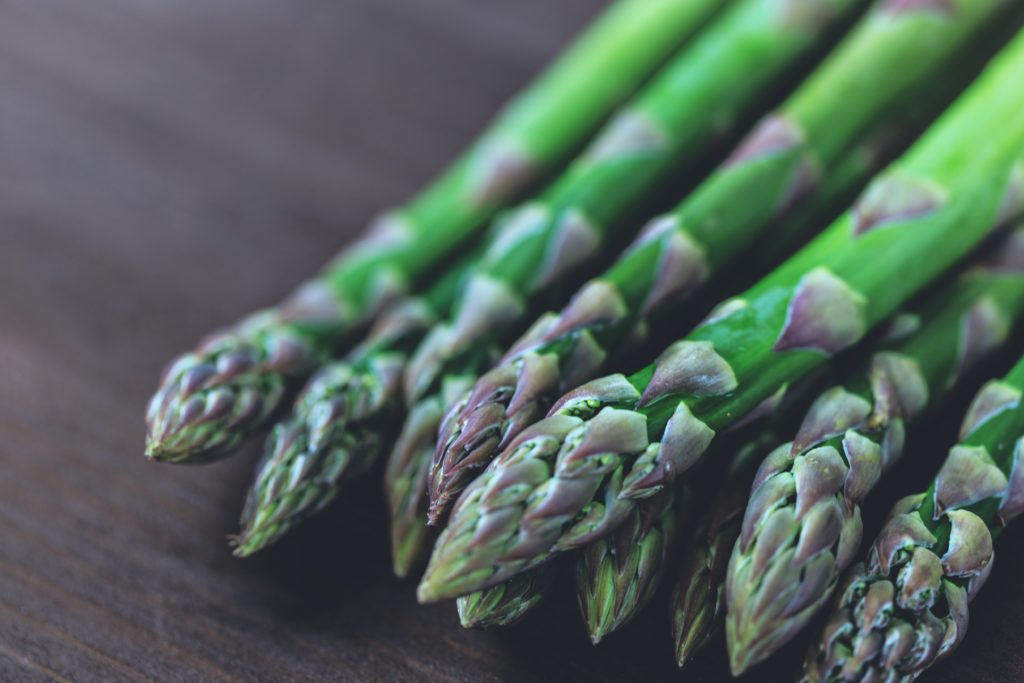
Trim the woody ends and store asparagus upright in a glass of water — almost like a bouquet of flowers — covered with a plastic bag in the refrigerator. Change the water in the glass if it is cloudy. Trim the soggy ends before using.
Avocado
Leave unripe avocados at room temperature for four to five days. Ripe avocados can be put in the refrigerator for two or three days to keep them fresh. If you have half an avocado, keep the pit inside, as it prevents excess oxidation and browning. A little bit of lemon or lime juice on exposed avocado flesh will also stem the browning process.
Bananas
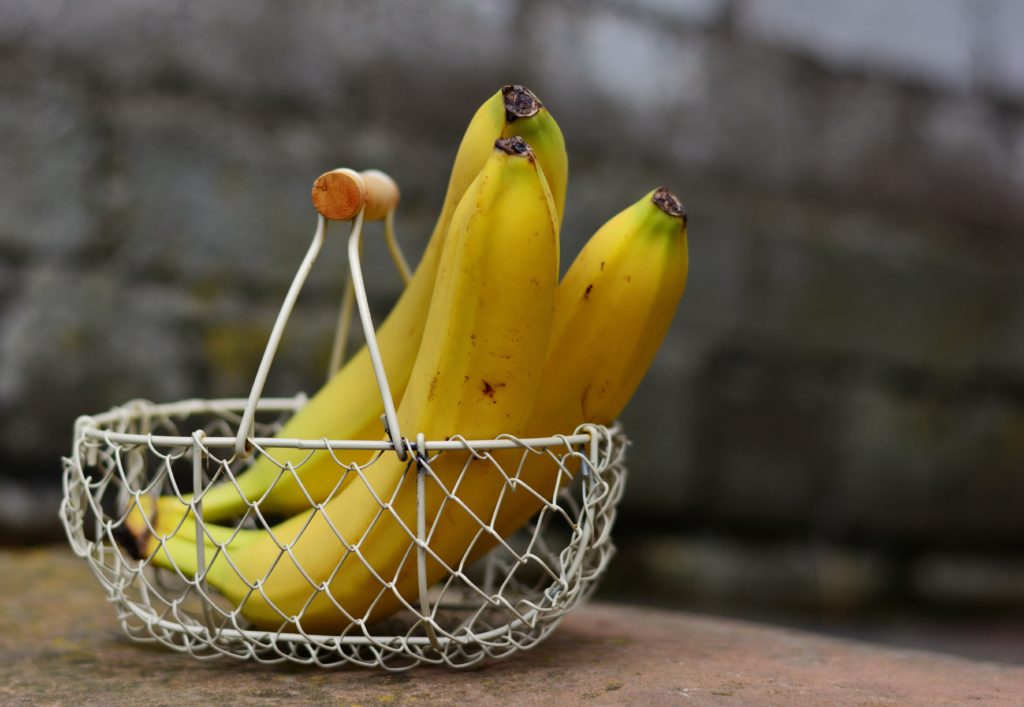
Keep bananas at room temperature until they begin to brown. Prematurely refrigerating bananas can disrupt the ripening process. While at room temperature, hanging bananas prevents bruising and it also decreases the chance of exposing the banana flesh to ripening oxygen. Once ripe, you can transfer bananas to the refrigerator to extend their time at peak ripeness. Though the skins will blacken in the cold, the flesh inside is safe — and sweet — to eat.
Supermarkets will wrap the top of bananas stems in plastic because that is where most of the ethylene is released — individually wrapping stems will keep the bananas fresher even longer — but if you are looking to reduce plastic waste, you can skip this step. Add lemon or lime juice to peeled bananas to slow oxidation and preserve freshness.
Beets
Remove the leaves to prevent moisture loss from the roots; this will keep the beets fresh longer. Keep beets in the crisper drawer. Do not wash until you are ready to use.
Berries
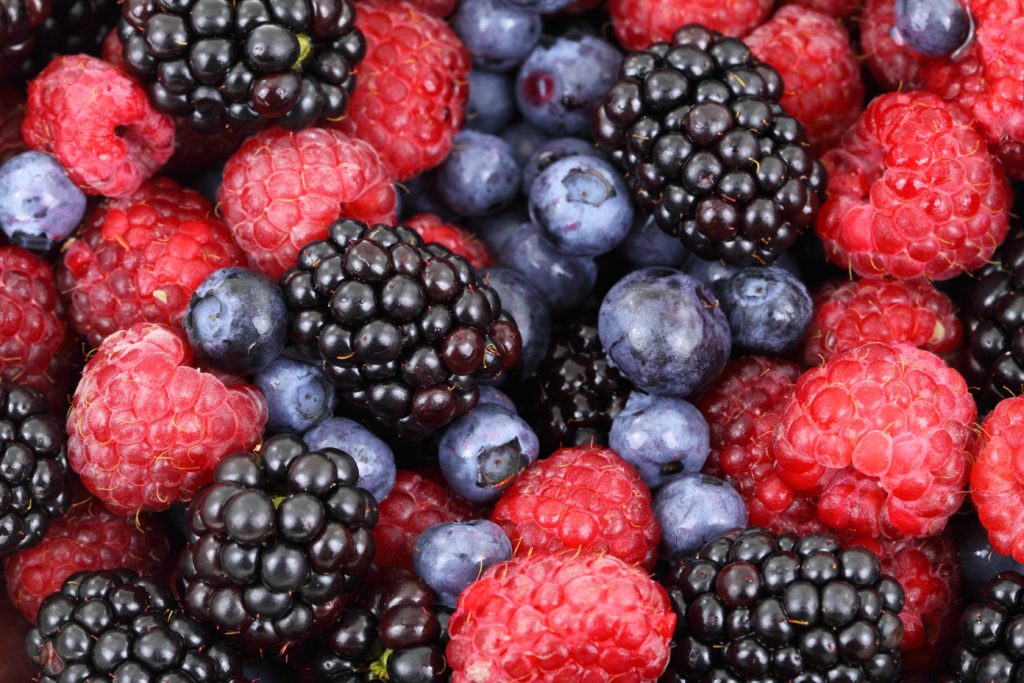
If you do not plan on using your blueberries, blackberries, raspberries or strawberries right away, keep them cold in the crisper drawer of the refrigerator. Keep the caps on strawberries, and do not wash until you are ready to use. Berries are delicate and will spoil quickly with the excess moisture. Remove any moldy berries from the bunch immediately to avoid spoiling the whole box.
Broccoli
Broccoli hates heat. Cover your whole broccoli head with a moist towel in the crisper drawer of your fridge to keep it cool, crisp and fresh. Do not cut florets until you are ready to use. If you have spare cut broccoli after cooking, store in an airtight container in the refrigerator.
Brussel sprouts
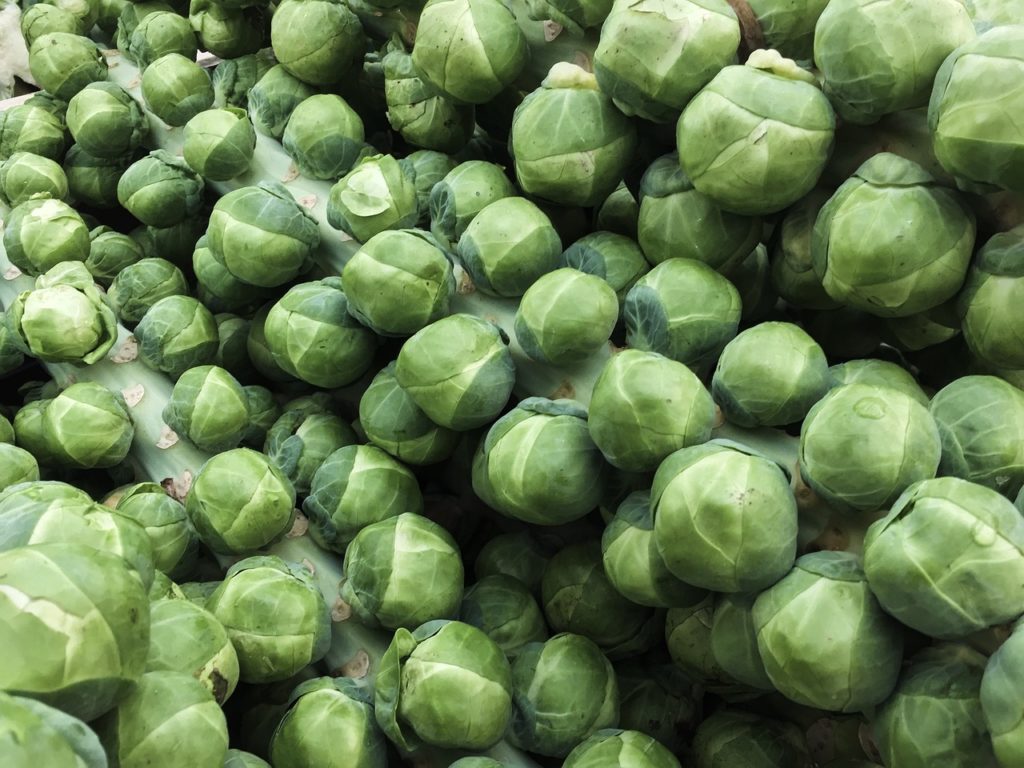
Brussel sprouts will last longer on their stem, so buy them that way if you can. Prop the stem up in water, refrigerate and break off sprouts as needed. Refrigerate loose sprouts, unwashed and untrimmed, in a bowl or unlidded container in the crisper drawer. Discard yellowed outer leaves before cooking.
Cabbage
Store whole or halved cabbage in the crisper drawer, tightly wrapped or in a sealed bag, for up to two weeks.
Cauliflower
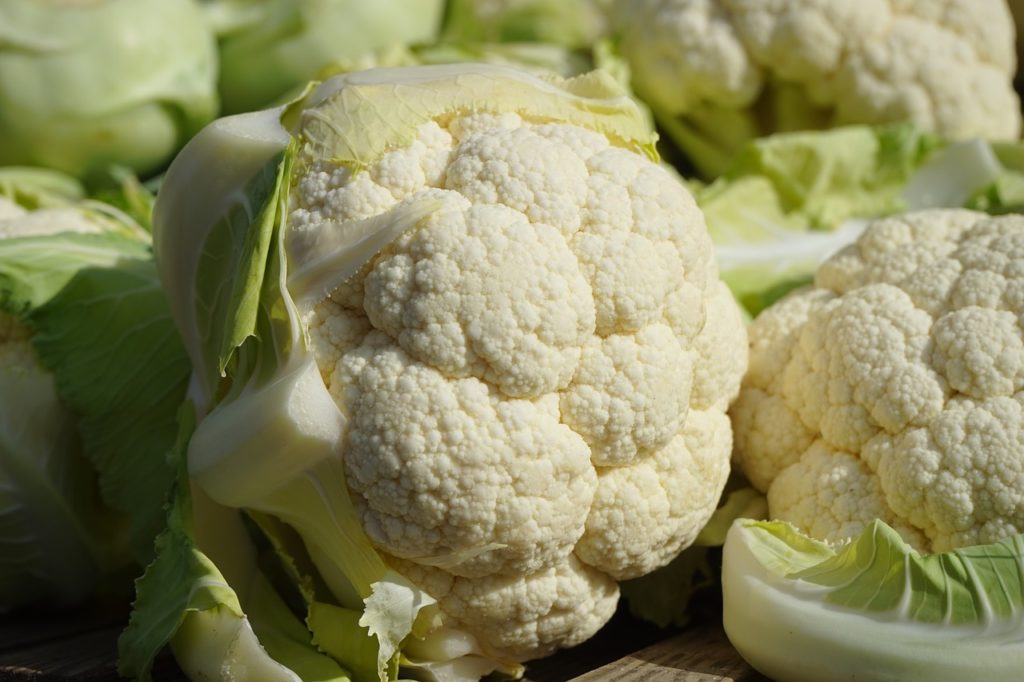
Wrap a whole head of cauliflower in plastic and store in the crisper drawer stem side up so the head does not collect moisture. Keep the head whole until you are ready to use it; cut cauliflower does not stay fresh as long.
Carrots
First, trim off any green tops; they draw out moisture and cause carrots to go limp. Trimmed, unpeeled carrots can be refrigerated, wrapped in a damp towel in the crisper drawer, for about two weeks. Sliced carrots (such as baby-cut carrots or carrot sticks) will last longer when kept in a tightly covered container submerged in water. Change water frequently.
Celery
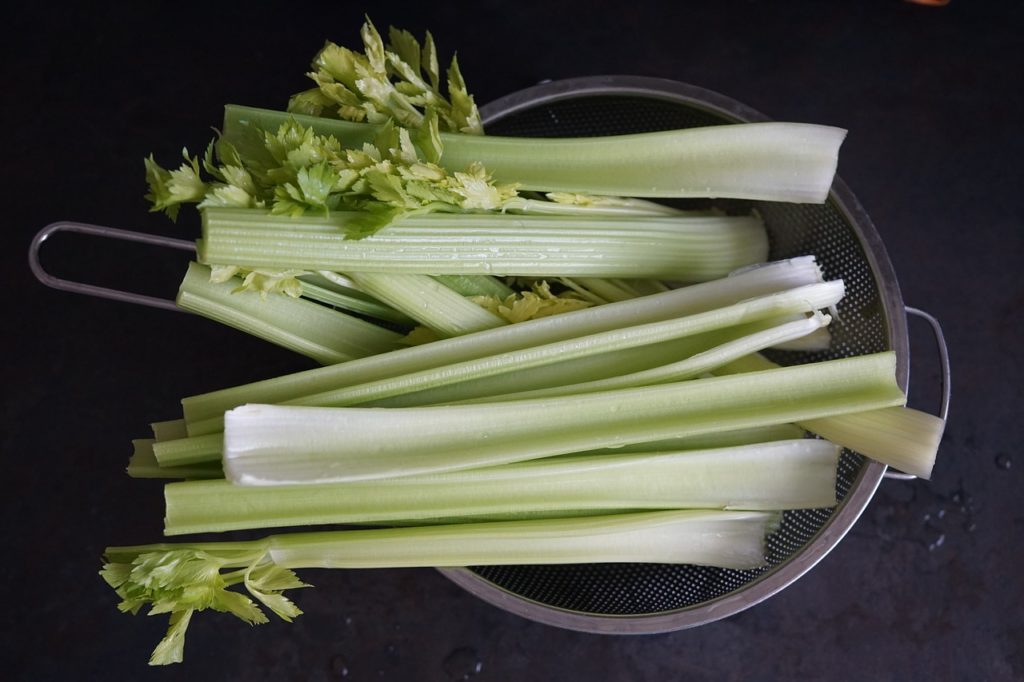
Wrap celery in aluminum or paper instead of plastic — this allows the ethylene to escape — and store in the crisper drawer. Re-wrap tightly after each use. Store celery sticks submerged in water in a tightly covered container.
Cherries
Refrigerate cherries immediately in a resealable bag. Do not wash before storing to prevent the fruit from absorbing moisture and spoiling. Wash with cold water just before eating.
Citrus
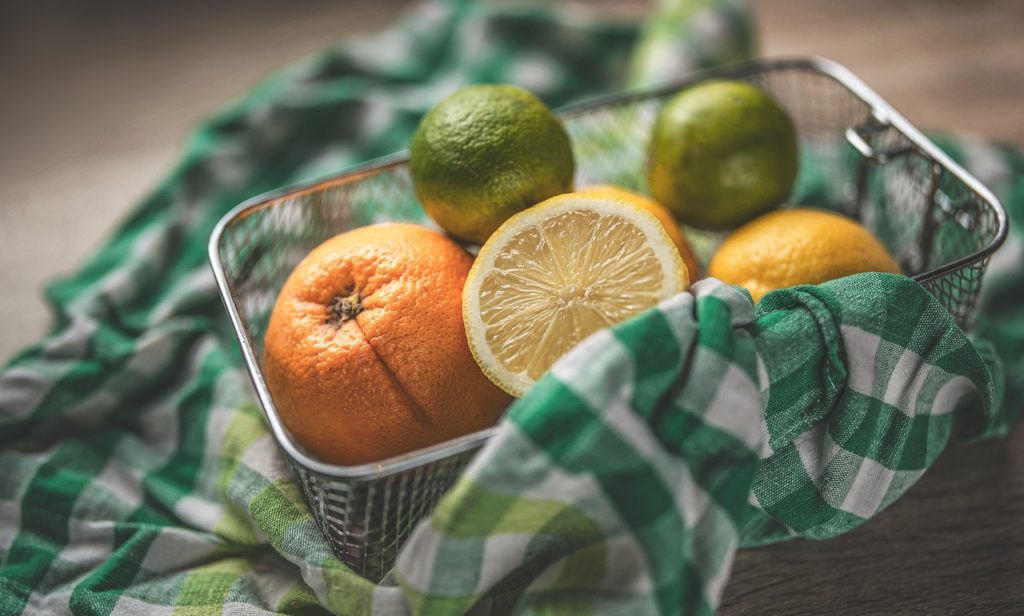
Lemons, limes, grapefruit and oranges will last several weeks if stored in the refrigerator; if you seal them in a plastic bag, they will last even longer. Don’t forget to save the citrus rinds to reuse them in various ways around your kitchen and house.
Corn
Store whole corn cobs in the crisper drawer in the refrigerator. Do not husk until you are ready to use.
Cucumbers
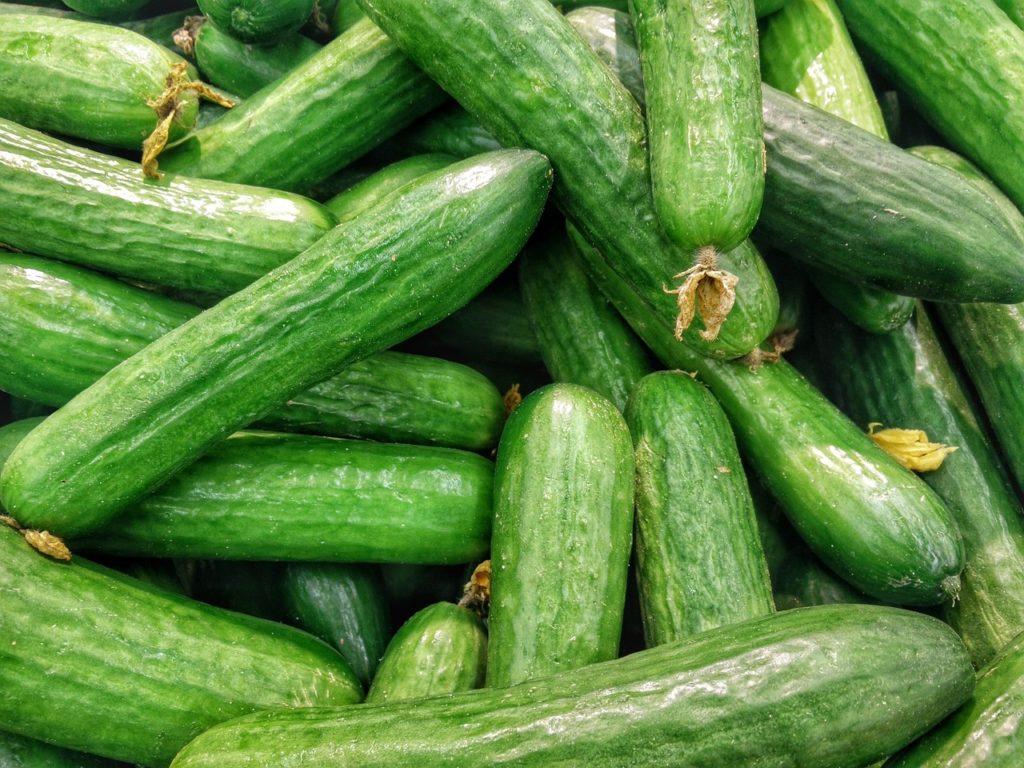
Keep cucumbers at room temperature on the countertop. Exposure to cold will damage the cucumbers’ flavor and texture.
Eggplant
A whole eggplant will last better and longer out of the refrigerator in a cool spot (about 50 degrees is ideal). Eggplant should keep for about three days on your countertop. Cut eggplant should be stored in an airtight container in a slightly warmer part of your refrigerator.
Garlic
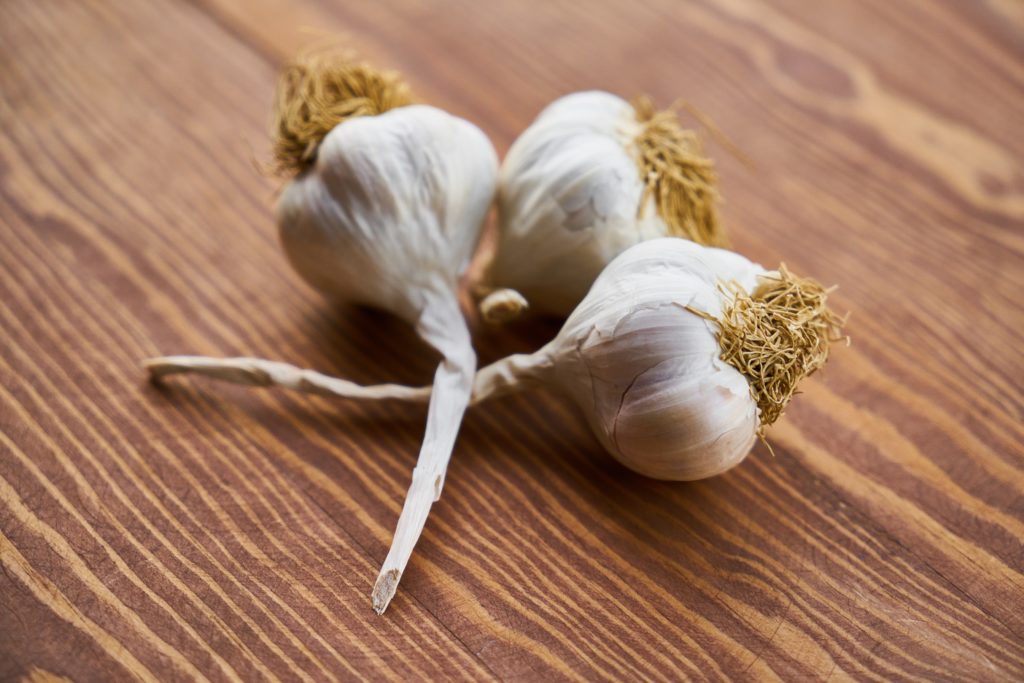
Store garlic alone, or with onions, in a cool, dry place with an open container to promote air circulation like a basket in a cool, shady corner of the kitchen. Do not put garlic in the refrigerator, as it compromises the taste and texture. Do not remove the papery protective husk until you are ready to prepare it to eat.
Grapes
Unwashed grapes will last in the refrigerator for about a week. Do not wash before using, as it will absorb moisture and speed up the spoiling process, like with berries.
Green beans
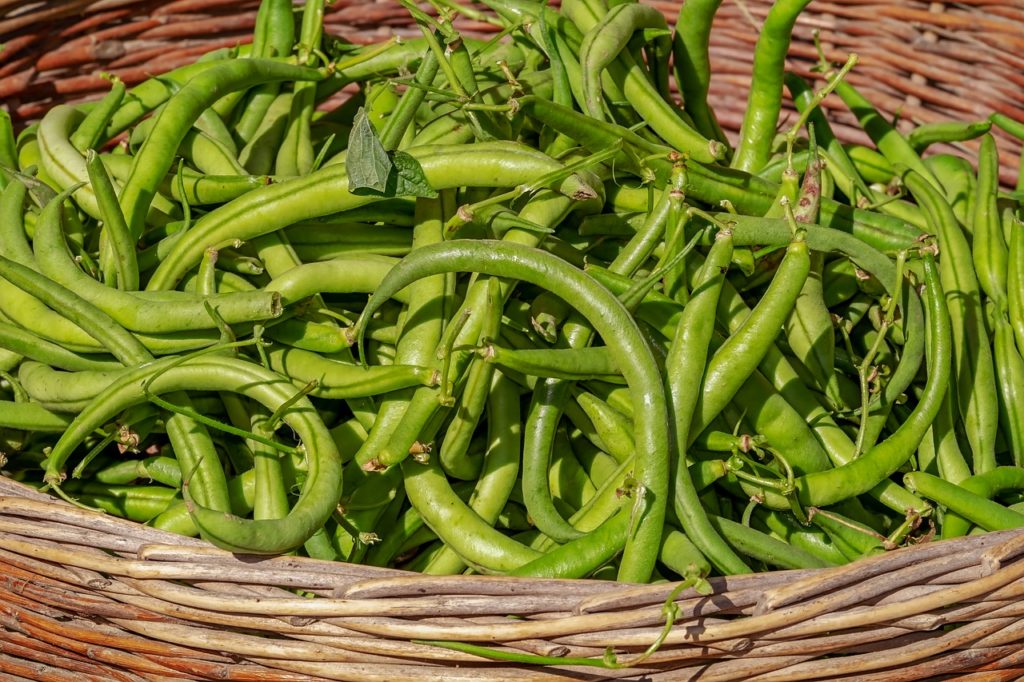
Refrigerate beans unwashed and tightly wrapped in a cloth produce bag in the refrigerator crisper.
Herbs
Fresh herbs can be stored in the refrigerator in a jar or glass of water with the ends trimmed, covered in a cloth produce bag. Certain cold-sensitive herbs, like basil, should be stored in a glass of water at room temperature to prevent browning.
Kiwis
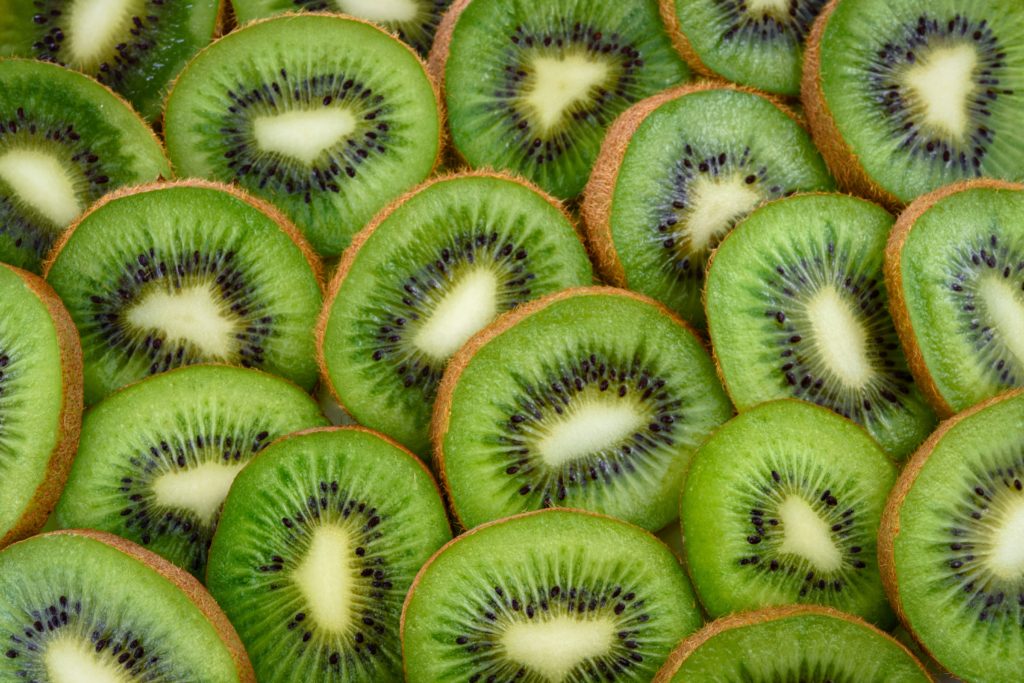
Allow kiwis to fully ripen at room temperature; put them in a paper bag to speed up the ripening process. Once they are ripe, refrigerate for up to a month.
Leafy greens (including swiss chard, collard greens, kale, arugula and spinach)
Keep leafy greens like kale and spinach away from moisture to keep them fresh. Wash and dry them fully, then store them in a cloth produce bag with a dry paper towel in the crisper to absorb excess moisture and prevent wilting.
Leeks
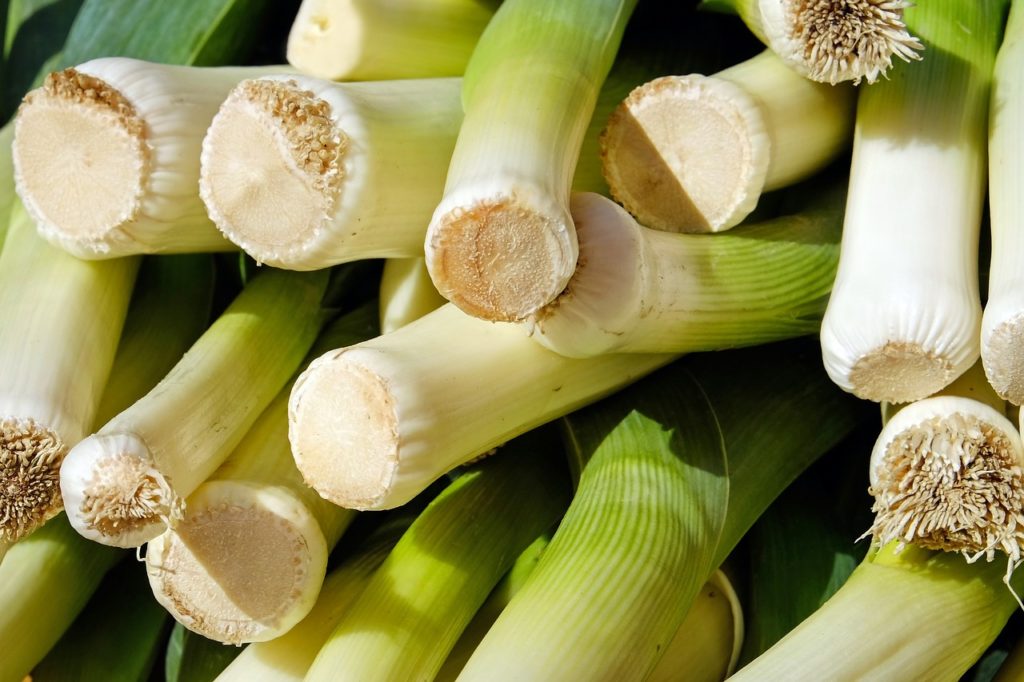
Store leeks wrapped in a damp paper towel in the refrigerator. Trim the roots and wash the leaves and stem before refrigerating.
Lettuce
Loose leaves can last for just over a week when properly stored, but head lettuce will last up to three weeks. Whether the leaves are loose or in a head, remove any leaves that are damaged, wilted, damp or slimy. Cut off the ends off of heads, or wash and spin the leaves, and store in the crisper drawer with a dry towel to absorb moisture. Keep lettuce away from ethylene emitting fruits.
Mangoes
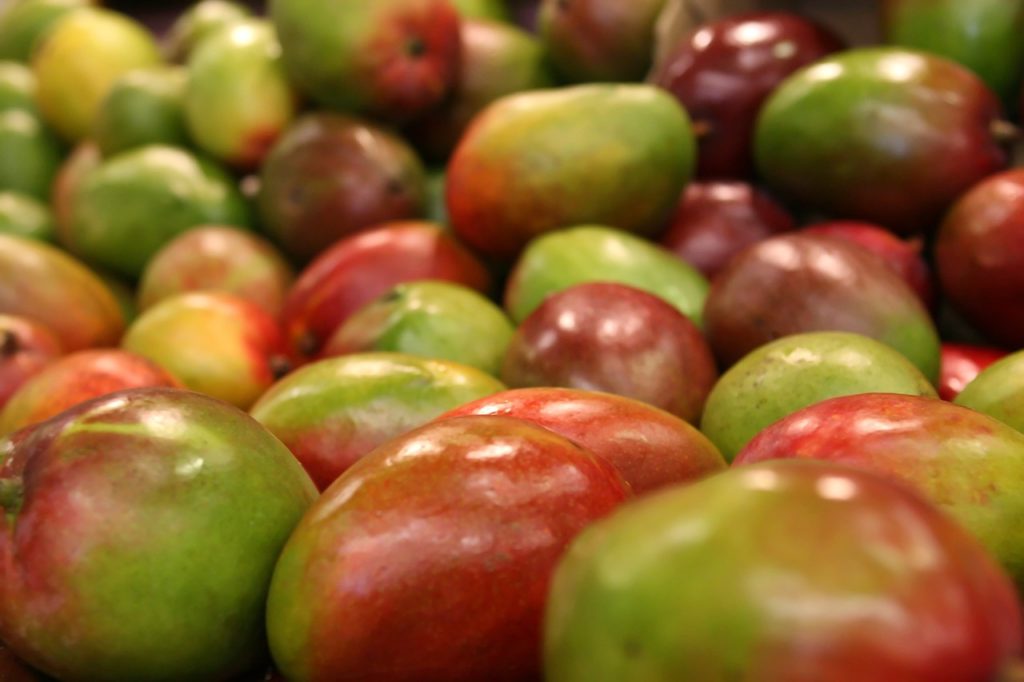
Mangoes should also be left at room temperature until they are ripe. To speed up the ripening process, store them in a paper bag to trap ethylene gases. Once ripe, move to the refrigerator to extend freshness.
Melons
Whole, uncut melons should be stored at room temperature. After you cut the melon, refrigerate it in an airtight container to inhibit bacterial growth.
Mushrooms
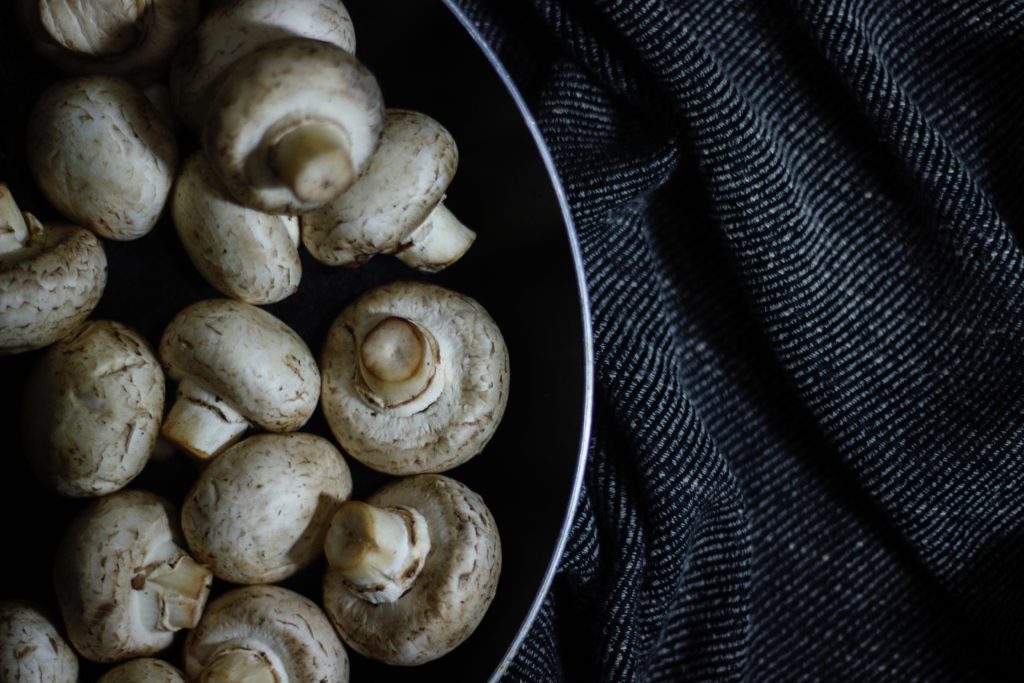
Place whole, unwashed mushrooms in a brown paper bag with the top folded over in the main compartment of the refrigerator (the crisper drawer is too moist). The bag will absorb excess moisture from the mushrooms and prevent mold or unpleasant textures. Place a slightly damp paper towel in the bag to help keep them moist.
Onions
Store alone or with garlic at room temperature in a dark corner. Keep away from potatoes, as the high levels of ethylene emitted by onions will cause the potatoes to sprout. Do not put them in the refrigerator, as the humidity and cold temperature will make onions mushy.
Parsnips
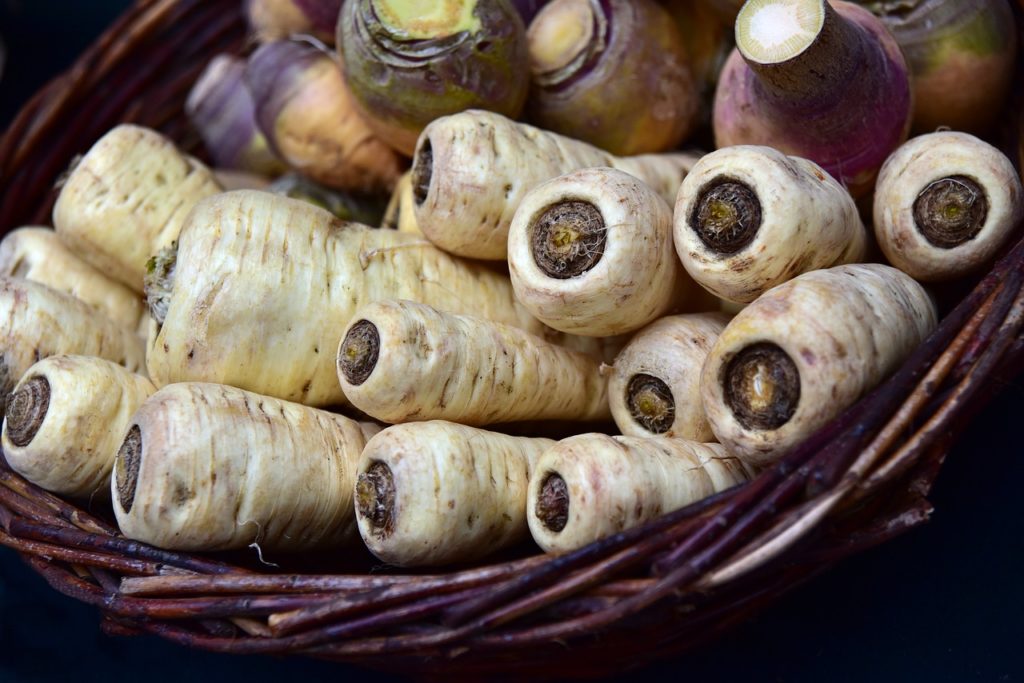
Keep cold-hardy parsnips in the crisper drawer of the refrigerator.
Peas
Store peas unwashed, unshelled in the refrigerator in a perforated bag or unsealed container that will allow for air circulation.
Peaches and nectarines
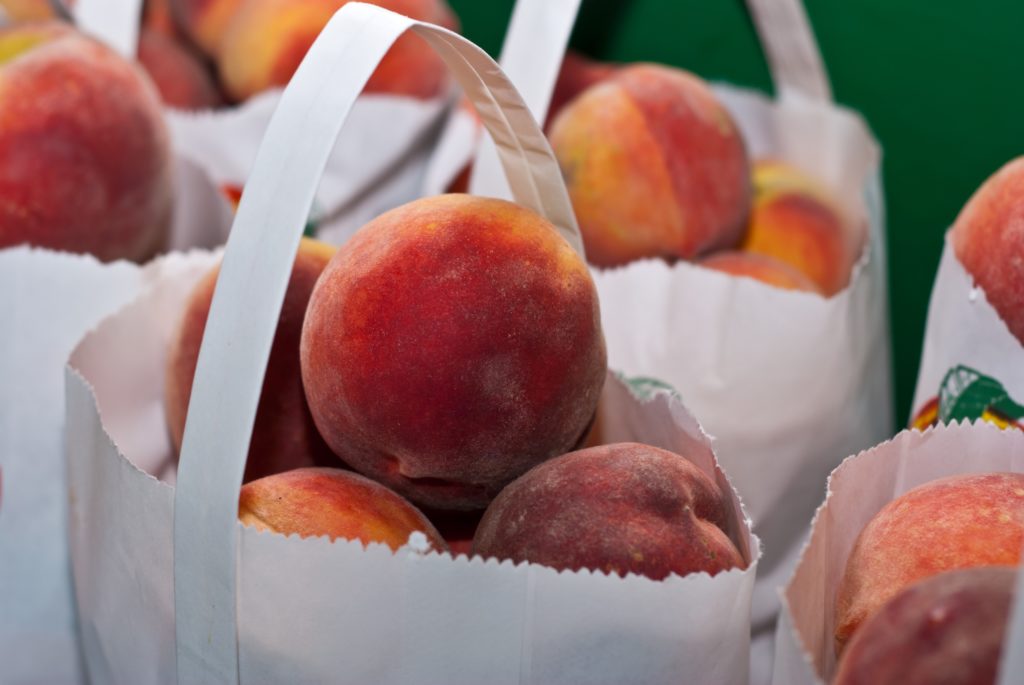
Keep them in a cool, shady spot at room temperature in your kitchen. The refrigerator acts as a dehydrator and dessicates these delicious, juicy fruits.
Pears
Allow pears to ripen at room temperature and then put them in the refrigerator. To preserve cut pears, sprinkle with lemon juice to prevent oxidation and subsequent browning.
Peppers
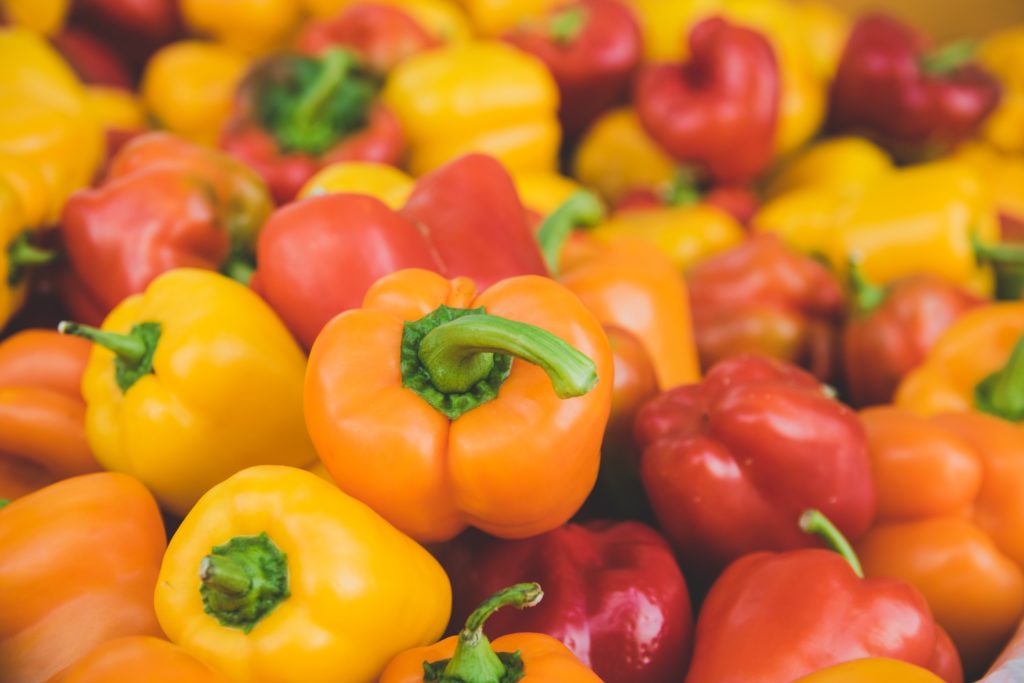
Whether they are bell peppers or hot chilis, the best way to store peppers is unwashed and in the crisper drawer of the refrigerator. Residual moisture can cause peppers to rot prematurely.
Pineapples
Ripen pineapples at room temperature, then move to the refrigerator. If sliced, cubed or chunked, keep in an airtight container.
Plums
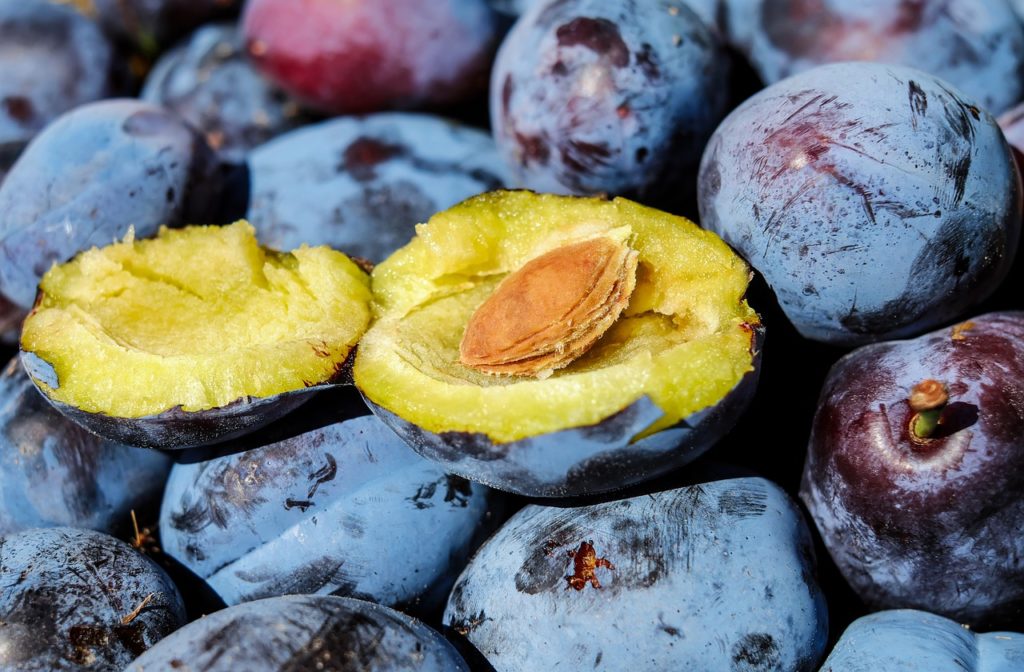
Place the unripe plums in a paper bag. Plum skin will look dusty as it ripens, the flesh will give and emit a rich, fragrant scent. Store ripe plums in the refrigerator in an open container for two to four weeks (just make sure you keep them away from poet William Carlos Williams).
Pomegranate
Unseeded pomegranates will last longer — up to a few weeks — if kept in the refrigerator. Keep pomegranate seeds in an airtight container in the refrigerator, where they will stay fresh for a few days.
Potatoes
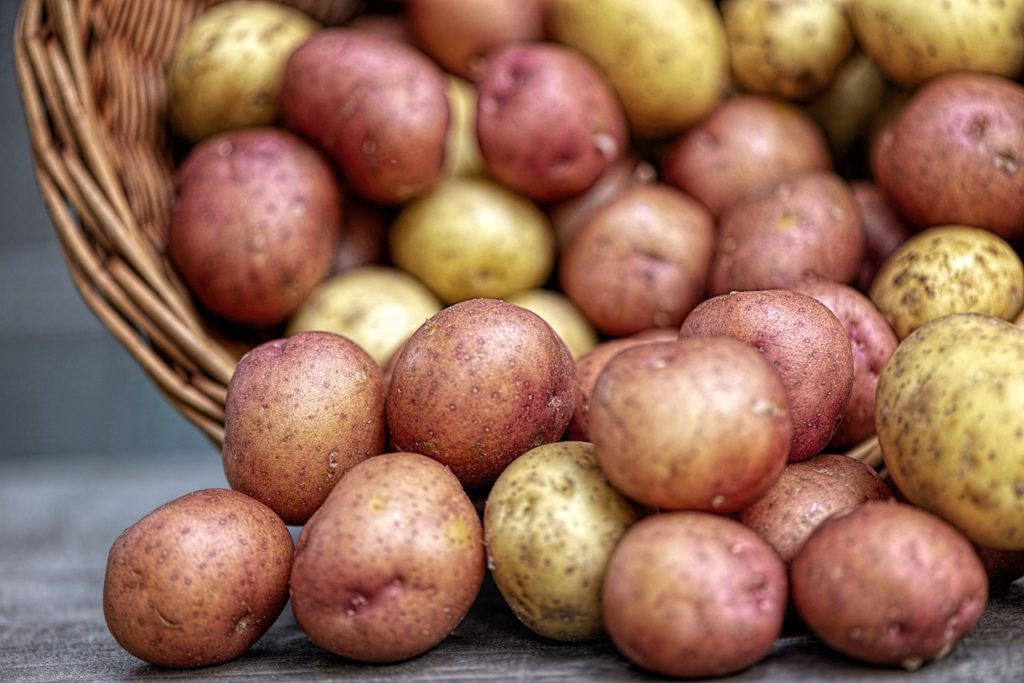
Keep potatoes in a dark and cool place, ideally in a paper bag in a coolish spot like a pantry or cabinet. Keep them away from onions or fruits like apples that emit ethylene and will cause your spuds to sprout. Do not refrigerate. The cold, damp air in the refrigerator causes the starches to turn into sugars, which will affect the potatoes’ taste and texture.
Scallions
Place unwashed scallions (also known as green onions) in a cloth produce bag and store in the crisper drawer of the refrigerator. They should keep for up to a week. Then, after you cook with them, you can try this trick for regrowing them.
Shallots
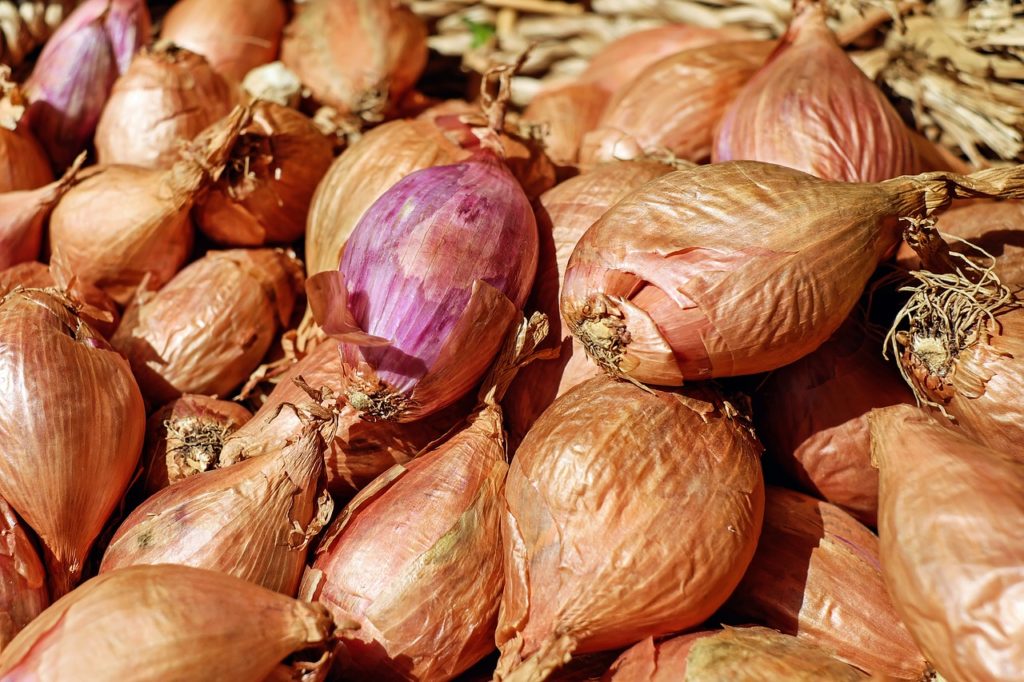
Store shallots in a dark, cool, dry, well-ventilated place, perhaps with onions and garlic. This way, shallots will keep for about a month, whereas they will only last for about two weeks in the refrigerator.
Sweet potatoes
Sweet potatoes are more sensitive and perishable than potatoes. They will sprout and ferment if kept at temperatures higher than 60 degrees Fahrenheit, and the flesh may turn woody. Store in a dark, cool, well-ventilated place. You may even want to keep sweet potatoes in a root cellar for longer-term storage.
Tomatoes
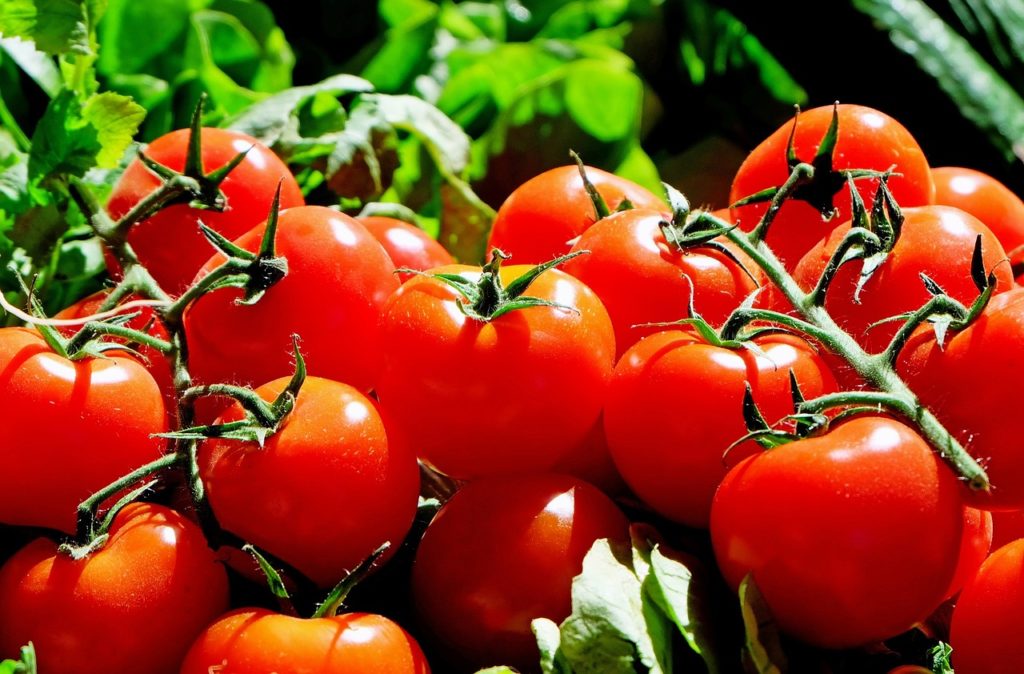
Store ripening tomatoes of all shapes in sizes in at room temperature out of the sunlight. Refrigeration will cause ripening tomatoes to become soft and mushy. Fully-ripened tomatoes can be kept in the refrigerator for a few days to extend their shelf-life. Cut tomatoes should be kept in an airtight container in the refrigerator to avoid picking up any flavors. Let tomatoes come to room temperature before serving.
Winter squash (including acorn squash, butternut squash and pumpkins)
Winter squash can last uncut at room temperature for many weeks to months. After you cut it, store it in an airtight container in the fridge, where it will stay fresh for a few days.
Zucchini and summer squash
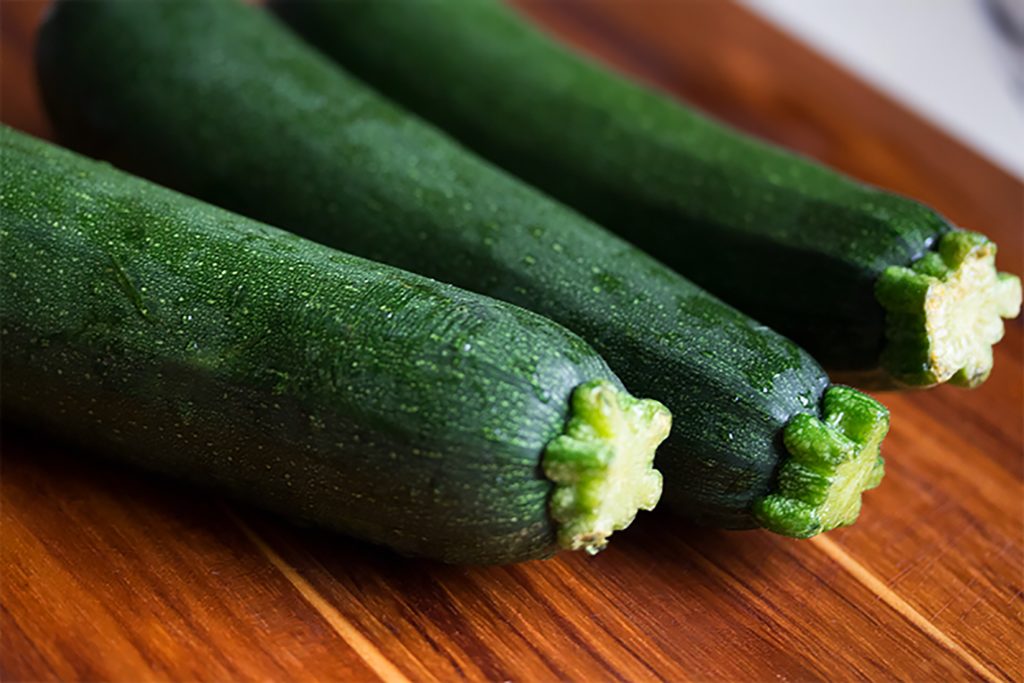
Keep summer squash like zucchini in a bag in the crisper drawer of your fridge.
